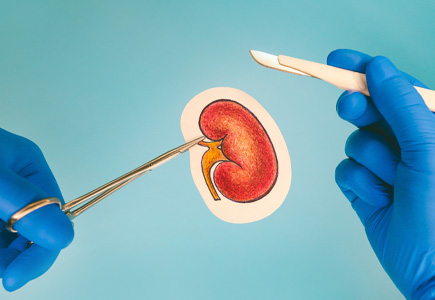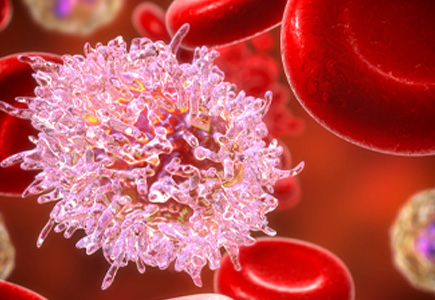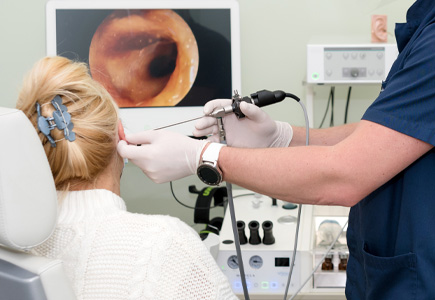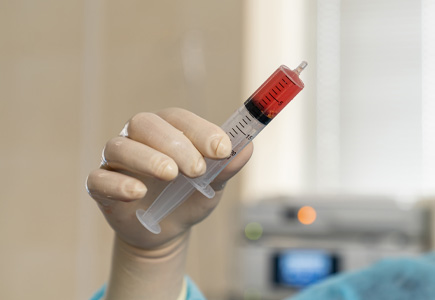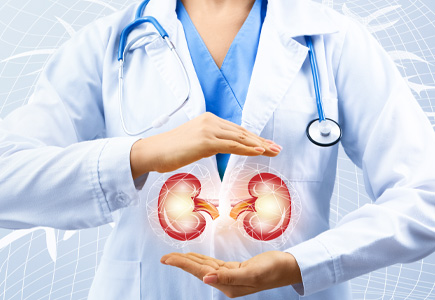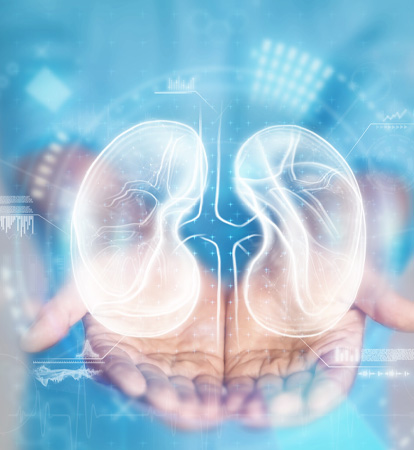A kidney transplant is a surgical procedure replacing a damaged or failed kidney with a healthy one from a living or deceased donor. This life-saving intervention restores proper kidney function, eliminating the need for dialysis in patients with end-stage renal disease. Successful kidney transplants significantly enhance the recipient's quality of life, providing renewed vitality and the opportunity for a more normal routine. Precise matching and careful post-transplant care ensure optimal outcomes, making kidney transplantation a transformative solution for those facing severe kidney dysfunction.
A Step-by-Step Guide On Preparing For Kidney Transplantation
Below is a comprehensive guide to preparing for Kidney Transplantation:
- Initial Consultation with Nephrologist: The first step in preparing for kidney transplantation is an initial consultation with a nephrologist. This specialized healthcare professional assesses the patient's overall health, kidney function, and eligibility for transplantation. During this consultation, the nephrologist evaluates the potential benefits and risks of transplantation, discusses alternative treatment options, and helps the patient make an informed decision.
- Comprehensive Medical Evaluation: Patients deemed suitable candidates for kidney transplantation undergo a comprehensive medical evaluation. This evaluation includes a battery of tests and assessments to determine overall health, blood type, tissue compatibility, and potential risks. Specialized tests such as crossmatching and antibody screening are conducted to identify suitable donors and reduce the risk of rejection.
- Living Donor vs. Deceased Donor Evaluation: For those considering a living donor transplant, a thorough evaluation of potential living donors is undertaken. This involves assessing the health of the donor to ensure compatibility and minimize risks associated with the donation process. In cases where a deceased donor is being considered, the patient is placed on a national transplant waiting list, and the transplant team works to match the patient with a suitable deceased donor.
- Education and Counseling: Patients and their families receive extensive education and counselling throughout the preparation process. This includes information on the transplantation procedure, post-transplant care, potential risks, and the importance of medication adherence. The goal is to empower patients with the knowledge and resources needed to actively participate in their care and make informed decisions.
- Pre-transplant Lifestyle Modifications: Leading a healthy lifestyle is crucial for successful kidney transplantation. Patients are encouraged to adopt positive lifestyle modifications, including maintaining a balanced diet, engaging in regular physical activity, and managing any underlying health conditions such as diabetes and hypertension. These changes contribute to overall well-being and enhance the likelihood of a successful transplant.
- Financial Assessment and Planning: Financial considerations are an integral part of preparing for kidney transplantation. Patients in India need to assess the costs associated with transplantation, including pre-transplant evaluations, surgical procedures, post-transplant medications, and ongoing medical care. Understanding financial aspects allows patients to plan effectively and explore available support mechanisms.
- Psychosocial Evaluation and Support: A psychosocial evaluation is conducted to assess the patient's mental and emotional well-being, as well as their support system. Kidney transplantation can be emotionally challenging, and patients are provided with psychosocial support and counselling to address any concerns or anxieties. Engaging with support groups and networks can also be beneficial during this period.
- Waiting Period and Advocacy: For patients on the transplant waiting list, a waiting period ensues. Throughout this time, patients are encouraged to advocate for their health, stay informed about their position on the waiting list, and be prepared to undergo the transplant procedure when a suitable donor becomes available. Regular communication with the transplant team is vital during this period.
Conclusion
Preparing for kidney transplantation in India is a comprehensive and collaborative process that involves the patient, healthcare professionals, and support networks. From the initial consultation with a nephrologist to the waiting period and post-transplant care, each step is crucial for ensuring a successful outcome. By actively participating in their preparation, patients can embark on the journey of kidney transplantation with confidence, resilience, and the hope of restoring health and well-being.






